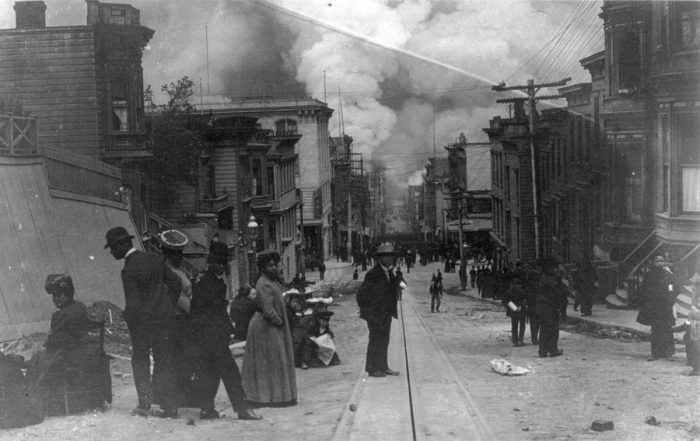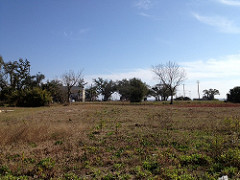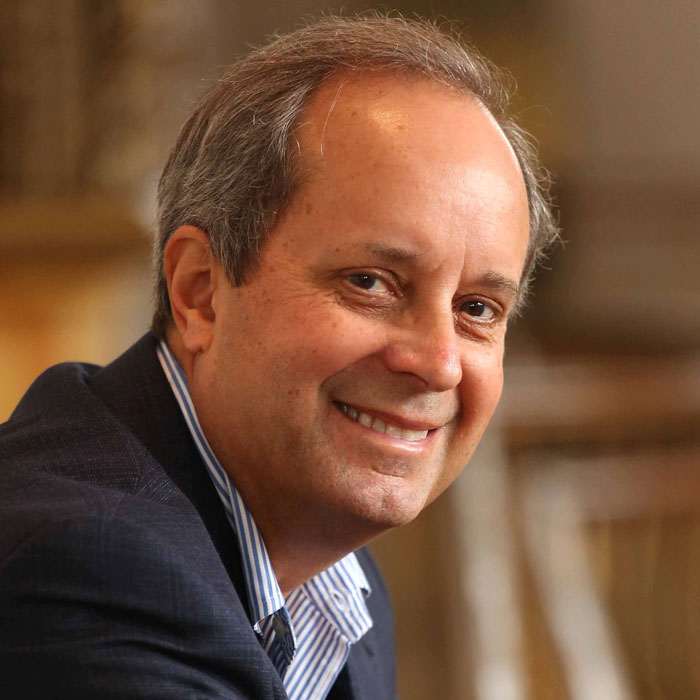September Focus on Preparedness, Resilience
As summer slips away and we begin turning our attention to the fall, we are still thinking about the 10-year anniversary of Katrina. Like many of you, our emotions are mixed. We admire those who have rebuilt their lives and their communities and shown us in concrete ways what resilience means. We feel frustrated about […]
As summer slips away and we begin turning our attention to the fall, we are still thinking about the 10-year anniversary of Katrina. Like many of you, our emotions are mixed. We admire those who have rebuilt their lives and their communities and shown us in concrete ways what resilience means. We feel frustrated about those who were killed and lost their homes and those who fled to other places, never to return. We as a country should have done better. We feel hopeful that the gulf area is making strides in not only rebuilding, but improving communities and is better prepared for the next big storm. We feel a special connection to Katrina, since it was the death, destruction and chaos of that powerful storm – and the realization that the philanthropic area could do more, that prompted several foundation leaders to create CDP. I hope you’ll take a few minutes to listen to the recording of our August 18 webinar, Katrina +10, sponsored by the UPS Foundation, where we focus on lessons we have learned and applied from Katrina.
A big part of much of the discussion regarding Hurricane Katrina was centered on the importance of building communities that are resilient and better prepared for a disaster. This focus is also the center of our work with The Rockefeller Foundation and HUD on the National Disaster Resilience Competition. Forty communities have been selected as finalists in the competition, which will award $1 billion to communities that have been struck by natural disasters in recent years to implement resilience projects to better prepare communities for future storms and other events. During the past month, four members of the Center for Disaster Philanthropy staff attended two academies with the communities. There, we met with state and municipal leaders who understand the challenge of natural disasters – it is no longer and abstraction to them – and are engaged in creating innovative plans to make their communities safer.
During the month of September, we’ll be continuing our preparedness and resilience efforts by meeting with other disaster response organizations in the Midwest through a convening sponsored by the Margaret A. Cargill Foundation as well as meeting with foundations from The Funders’ Network for Smart Growth and Liveable Communities.
What are you doing to prepare for a disaster event? Email me about your efforts at bob.ottenhoff@disasterphilanthropy.org.
More like this

How Black History Has Influenced Disaster Planning

